|
‘The mockery of religion is one of the most essential things’ Christopher Hitchens
I’m in the middle of making a new show, called Theology for the Arches Behaviour festival, and I need to get a few things off my chest. People keep asking if it’s going to be offensive, if I’m going to make fun of people, if people might protest. Here is where I am right now. We need to start talking about stuff like religion in our country today. It’s a big elephant in the room, it’s covered in football scarves, it’s covered in child abuse, it’s covered in hypocrisy around gay marriage and the role of women. And theatre is a good way to do that. Theatre is a particular social space that’s a bit like a religious community where we can be critical about something and shed some light on it and look at it in a different way. And I believe that religion should be treated the same as everything else when you integrate into comedy – what we do as a mature society. I think it’s more mature to poke fun and ask questions than it is not to – to accept it and ignore and put up with it. I like comedy. And one of my big worries at the moment is that my show is not funny enough, or that it’s too crude, or that’s its one dimensional joke, a private joke, or it’s just stupid or I’m banging on about it too much, that I’m making the joke too obvious, that people will get it within 30 seconds of the start and then it has nowhere to go. But using comedy in this instance for this show is really important to me. Comedy does loads of things. Comedy is a release of tension – and I think if I address it in a comedic fashion people will relax; I know the value of humour in settling an audience; I can play with stereotypes and portray ugly characteristics and arrogance and dominance all through comedy; Comedy shows us what is imperfect – failings and embarrassments and self-deprecation. We are not perfect. Religion isn’t perfect. So when it comes to religion and comedy, I think, maybe in the past or usually when I see it – Comedy takes atheism as the default. Whereas I’m doing it from within. So does that mean I’m better qualified to do it or does it mean that it’s just a private joke? Because we’re at a particular point in society where we ridicule religion – we’re much more secular – different from the Life of Brian or early Billy Connolly. We’re in a different place – a different generation. We’re maybe not that bothered so maybe I shouldn’t be worried about offending people. So what about religion? Good religion demands you to be critical and look at failings. Jesus was critical. Jesus was very critical. And when religion is something that is to be accepted and swallowed without questioning then that’s when the problems arise. People don’t have the power in Christianity – we’re always looking to a higher being – a God, a Priest, an elder. We’re being asked to look at our flaws but what about the bigger flaws of the constructs that make all this up? In this sense we give ourselves up to the written word – the Bible and the teachings from school – we were taught to have a sense of wonderment and awe that I’m localising. That might be dodgy territory but for me that’s what it’s all about – poking a stick and seeing hat happens – I can’t help myself. But there once existed a Bible in Scots – it was replaces during the reformation and with the publication of the King James Bible that standardised language in Scotland – because the people who could read and write and were scholarly were the priests. But I still feel this need to elevate our language to this place and say – no – this is how we should say it – this is about people and congregations – not about individual men – white men who created all of this as a business to make money. Is that too offensive? As much as I’m willing to criticise and take on the idea of organised religion I am a bit wary that that might look like I’m having a pop at faith and I want to make it clear that these two are very different things. There is more to religion than belief and just looking at what people believe isn’t the issue that’s to ignore the how and why we receive the information. How it’s fed to us through childhood and education. And that’s’ nothing to do whether someone believes in God, whether someone believes in Heaven or whether someone reads the Bible. That’s not the point. I suppose I’ve never been interested in that – I suppose I’ve always been more interested in the bigger stuff that society puts up with rather than people’s personal choices. But: If you ridicule religion then I’ll have a problem. I’ll take offence and I suppose that comes back to me making a comedy from within. Some of the material might be offensive to my family – the fact that it’s me saying and doing these things – is that a public rejection of my upbringing? And is that tough for them to see? I would hope that the Catholics in the audience will appreciate the references and laugh at them knowingly, and that the rest of the audience will appreciate the comedy because they trust that I know what I’m talking about. I’m also asking audience to be critical of themselves. I want them to think about their relationship with God and spirituality and mortality and adhering to a system and all of that. I think a lot of it comes down to intent and content – expectation – assumptions – I think that’s where offence comes from. But I’m taking the mickey out of myself – I’m kind of laying myself bare saying this is what I once believed. And this is a personal story of me growing up, trying to make sense of it all. And is this blog just a justification of my work? That it needs an explanation? Can the work stand on its own without explanation?
0 Comments
This month, Team Effort were invited to create a one off performance for Tramway as part of Rip It Up (the banner under which Tramway supports and presents new work by a variety of artists). I’m not going to outline the whole process here but instead I’m going to focus on one piece and the thoughts behind it, and how it relates to my work.
The idea of birds became integral to the process and the main theme that we explored for the piece. Prior to that we spoke of fear, darkness and creating an intense mood for the audience. I was interested in writing and performing something sinister, maybe as a disembodied voice in the space. I also thought that my current work could move to a darker, more aggressive place, especially with the chats I’d been having with Fergus abut masculinity and the depiction of men/monsters in horror. With the themes of Birds and Horror as starting points it seemed the most sensible thing to do was to watch Hitchcock’s The Birds. I had the idea of doing some sort of audio commentary, but I wasn’t sure what that would be. I began by writing some narration over the top of the action. Then, as a reference I read the screenplay. From there I had the idea to remove all dialogue and detail, leaving only the direction. It looked a bit like this: CLOSE SHOT – MELANIE seeing him, and then turning away CLOSE SHOT – MITCH the canary in his hand. CLOSE SHOT – MELANIE startled. TWO SHOT – MELANIE AND MITCH I liked a few things about this – the space between instructions that could help the audience imagine the scene, the allusions to the narrative and the repetition of the language, which was sometimes a bit hypnotic and at other times completely ridiculous. This also reminded me of another piece I have written, and one that produces similar elements to those above. This is The Order of Mass: We stand We answer The Priest says We answer The Priest says We answer The Priest continues We answer We sing We kneel The Priest says We answer This came from reading my own Mass book, given to me when I was at school. It contains all the spoken parts of the Mass and details what happens at each stage. Again, removing the detail, we are left with stark instruction, emphasising the interactive but subjective nature of worship. When performed this is also hypnotic, repetitive and ridiculous. I suppose these are the qualities of religion that I have identified through my current work. This structure also allows for the audience’s imagination to fill in the gaps. I’m still not sure how much of The Birds piece was clear to the audience. I imagine they were in the dark at the beginning, but maybe with reference to some of the more popular images they understood the connection to the film. However I was quite interested in the fact that the film unfolded through the narration and that the audience had the space to imagine their own story, based on their level of knowledge of the film. Sitting up into the wee small hours with my newborn son I can’t help reflect on the cycle of fathers and sons. And it’s these times I can conjure up images of my own father – at times from the look my son gives me, and at times from memories that are jogged.
There he is sitting with a pint in hand. Me next to him with a coke. Feeling like I’m in Spain because it has a slice of lemon in it. Picking at the dry roasted nuts. Not saying much. Even when another guy tries to make small talk all that enters the room are sighing ‘ayes’ and nods of the head. This is every Saturday while my sister is pony trekking in the nearby farm. Our pastime while we wait is less adventurous and a bit dreary. A visit to St Conval’s graveyard to check on his mum and dad’s stone. A quick tidy up, pulling out the weeds and some more small talk. And even though this is pretty routine it still takes us ages to find the plot. All the rows and stones look the same. And then, spending time with the dogs from the neighbouring kennels barking at us. Some allusions to reincarnation – which is by the way against Catholic teachings – that dog might be my granda come to say hello, that one my granny. And then as the years go on and the family starts to thin we replace them with a menagerie of reclaimed animals – that wasp that came in on an anniversary, those crows, that spider. But these things are never articulated like this. Just allusions. Nods and sighs. There he is on the back step: his line always “don’t make waves, don’t bother” as he walked out for a smoke. Exiting as calmly as possible with the smallest amount of fuss. I like to think I inherited his sense of calm, or was it apathy? When really what you mean is you can’t be bothered. How much of it is the building of a wall? This is how I remember my father: his anchor tattoos folded in wrinkled skin. There he is, as usual, standing in the kitchen with a can, exhausted after his endless roll call of jobs building ships in Govan. Thick overalls and thick socks, thick soled boots and thick skin. Hard skin on palms and fingers. Are the dogs still barking and is one of them now him? Or is he still hanging in the air as a wasp, a crow, a spider? The whole reason for moving to the Southside Studios was to find a place to work more effectively (more effectively meaning ‘not in my bed’) yet this week I have moved into another part of the building to work even more effectively. This act of taking the body out of a familiar space to help the focus is great in theory but not so great when you literally run out of places to go. Before this year is out I will have to physically move to another country to maintain my effectiveness.
But what is effectiveness anyway? It’s all crap. Can’t I just wait for inspiration to hit me? I really shouldn’t be comparing my artistic output to my output when I had a structured job in FE. The whole point in leaving there was to help me find out where I should be and how I want to continue as a writer and theatre maker. Cue Gilly cracking the whip (see previous blog) even though I asked her to. So I have been resident in a pentagon shaped light box with infrared heaters and some artwork on the walls. There are worse places to be really. The light is incredible. And here I have been working on some new stuff as part of my Team Effort development. Throughout the year I plan to create a new body of spoken word/poetry and work on not being afraid to call myself a spoken word/poet. I have actually surprised myself in working up a body of pieces throughout this week, which are undoubtedly poems. Who’d have thought it? I started out thinking about drink and pubs. I want to explore this city, and our generation’s relationship to alcohol. With that however come ideas of families, my relationship with my father, nostalgia, country and western songs, football, religion and masculinity. So far so O’Connor, but the interesting thing here is that I’m approaching these through poetry not performance. In fact I have no idea if or how this development will become something performative or stageable. At the moment they are words on a page and it’s got me thinking about performance. There are definitely some pieces I have created this week which are to be read aloud. But there are some I think that deserve to be read. Maybe reread a few times, which is never something that I thought possible with my work, given that the main characteristics are rapid fire delivery, rhythm and sound. Some of the Team are invited to have a look next week to give feedback, and I’ll post part two of this blog then if they anything good to say. So after many years of working on my own, 2013 has shaped up to be the year of the collaboration. More than any other year, and more than my other projects, it seems what I have been doing lately calls for proper shared ownership – not just working as a team, but sharing the concepts, structures and outcomes – then holding my breath as it is taken away from me in new directions by the director or performer(s).
Do You Nomi (January) was a case in point – having created the text I watched as other people got involved in interpreting what I had written. And there were many people – director, choreographer, dancers, actors, designers – all with their own take on it. I know it’s not like a major deal to have all these people working on something but in the past I had called all the shots – not because of megalomania but because that’s how it was: everything was done on a shoestring but now I find myself in positions where my role is fixed and acknowledged and separate from the others. The forthcoming Wilful Forgetting (Tron Theatre 6th-9th November 8pm) is another good case in point. It is a piece that I have co-written with Donna Rutherford which she is directing and also performing. And making the films. And overseeing the music. And designing. I’m happy with the text we have created (which is made up of rewritten and re-appropriated text from literature dealing with a mother/son relationship), but again I have to allow the interpretation to move and change from my original intentions. I have also been hugely influenced by Donna, her work and process. I’m sure the final piece will not be instantly recognisable as an O’Connor Production™ but I know that I should allow myself to work in new ways. I’ve still to see what Scottish Opera have made of my children’s opera Platypus in Boots (music by Rachel Drury) and Pop Up Theatre Royal (music by Karen MacIver) – both being directed by other people. The Power of Collaboration is also the title of a section from a talk I’m giving this week at a palliative care conference about a recent project at a children’s hospice. I’ll be talking a bout the risk involved ofbringing together artists, families, hospice staff, schools and community groups to make a piece of work. And when I say risk I mean ‘positive risk.’ All of this is good by the way and I am in no way saying that any of this should not be the case. I have spoken to writers who love watching their texts grow and be shaped into entities that they had never expected, and of course writers who are relieved that elements were interpreted ‘correctly.’ I suppose I have always seen a piece through from beginning to end – and have a clear idea about direction and delivery from the outset. But this year’s projects have all been worthwhile, and of course it is always a pleasure and a privilege to witness your words being lived through by another. In any case interpretation has always occurred every time my work has faced an audience. But still my question remains as to what extent the writer has power in their projects. This will no doubt continue perhaps until I find solid working relationships with people whose work I know well, who I trust and who I enjoy collaborating with. And so to Team Effort. The whole idea of people working together lies at the heart of this brilliant collective. Last week I had a meeting with fellow group member Kim Moore. We spoke about music and words; about honesty and integrity; about singing and underscoring. Could this be another collaboration in the making? How would I feel if Kim were to take my words and perform them? When is it going to stop being all about me? Wait a minute – is someone else going to get the applause?? Thinking I’m pretty au fait with technology (having a soundcloud, twitter/fb, website, dropbox, skydrive, instagram and flickr account) it’s taken me this long to get this blog up because I couldn’t work out how to do it. I do, however, have a blog section of my website. During a residency at the Tron Theatre I thought I would use it to tell my adoring fans of what I was doing each day. The reality? I made three entries – two on the first two days and one at the end. Just because I felt guilty.
Having just got off the phone from Gilly (producer and chief Whip Cracker of Team Effort) who provided a tutorial here it is. My first blog for Team Effort! So what am I going to write about? Normally all the accounts listed above contain mostly work-related publicity or pictures of my dinner. Mostly the latter as I tend to eat more than work. However this is not the intention of this blog. So in deciding what I’m going to write about in this blog, having been prompted by Gilly, I’m going to write about two things: writing blogs and being prompted by Gilly. The first I feel pretty funny about. I like to talk. I like to write. I like the idea of people being interested in what I have to say. I update my facebook status regularly (again, food mostly) however after an unpleasant incident I created involving a kind of inflammatory comment on the Church I have tended not to shout my mouth off in more recent times. Food is much less inflammatory. So in this world of instant fame from status updates and instant backlash, the whole ‘putting myself out there’ is quite an unappealing concept. I also feel a bit weird about our relationships with blogs. Becoming more supported by funders and arts councils I realise the weight they put on the idea of making your process public – indeed it’s in a few conditions in contracts. I’m totally fine with that in theory, however do I really want to tell the world my ideas, my process, my thoughts, my hopes, my fears? Does anyone find it useful and interesting? Am I excited when I see someone blog about their work or do I skim over it whilst rolling my eyes at their shame-faced publicity hunting? However I am in a different place now. With Team Effort! I am being encouraged to take all sorts of risks. To think long and hard about what I want form a year’s development and work within a frame of my own making. So perhaps these blogs will be based around the idea of blogging a process. Perhaps I’ll give insight into elements of my work while remaining mysterious. Maybe it’ll be whatever is in my mind when reminded to blog again please Martin. Which brings me to the next thing I want to talk about. Being prompted. I’m sure she won’t appreciate being labelled a whip cracker, but having a producer, mentor and other people on the team means that I can’t idly put stuff out there on social media whenever I get round to it (normally in the little rehearsal videos between dances on Strictly) but now I have things like ‘deadlines.’ Gilly has asked for a few things like availability, video diaries, contracts as well as these regular blogs. And while I do that teenage huffing thing I know deep down it’s exactly what I need. I never have anyone telling me what to do. For so long I’ve been my own boss and because I share a lot of characteristics with my boss I let myself off with not doing anything while letting my boss off for being a bad boss. Now there is a new boss in town and a whole lot of new people to take into account. If I take this year seriously and commit to making something new, something that has a rigorous investigation and is a true exploration of my work, then these blogs will serve as an important document that I can use for reflection. If however I cock this up and make nothing by the end of it, my blog may be nothing more than a series of descriptions about failed attempts to do something worthwhile which nobody will read or find interesting. I think I prefer working towards the first thing. Okay I’m going to get up now. I’ll watch Strictly later. 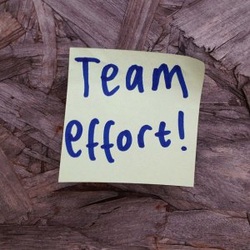 Head over to TeamEffort! main website for new blog posts. I'll be updating the development of my new work there. Staring work on a new show for the autumn with the wonderful Donna Rutherford. Can you guess where we're going with this one?
15th January 2013
Hello. For those of you who weren’t around in May last year, I’ll give you a brief history of the project. As part of the National Galleries Nation Live project I was asked to come on board as lead artist for the strand based on Work, which took place in Clydebank. Initially we worked with current BAE apprentices, some students form St Peter the Apostle High School and veterans from the work-in in the early 70s. The idea was to collect material for some sort of performance that could capture attitudes towards work – what it had been and what it could be. Little did I know that it would lead to us standing about in a disused former shipyard on a cold and very wet May evening. On that night we staged a performance piece subtitled “A Reconstruction of Clydebank voices”. And today I’ll be introducing the idea of reconstruction and asking questions relating to the legacy of the project, which we’ll take forward into an open discussion. So first of all Reconstruction. Why stage a reconstruction? What is it that reconstructions can do? If we take Crimewatch as an example – what do their reconstructions do? Well they’re very simple: they jog the memory; they bring something that happened in recent history to the forefront; and gather evidence for the public to consider. They ask you to recall where you were at a particular point in time. Ask if you were part of it – could you have witnessed something. And they always say -No matter how small, it all adds to the bigger picture and it could make all the difference. And that’s exactly what we have done here. We have reinvestigated the facts from the time of the work-in and we’ve tried to explore how relevant or not so relevant that is today. Can we learn anything from the past or is it best to keep looking forward? So we gathered our evidence in a number of ways. First of all we gathered opinions of Jimmy Reid from the public – we set up our table in the shopping centre (which is now the biggest employer in Clydebank) and asked the question Jimmy Who? People responded in various ways – telling us facts of who Jimmy was, the work-in, giving us personal anecdotes, bending our ears for what seemed like an forever telling us every last detail of their working day in the yards or singers – what they had in their pieces and what time they had a toilet break, from people who wouldn’t give us the time of day because they felt so strongly opposed to Jimmy Reid and his politics. What we ended up with was quite a complex snapshot and a small example of a social history. Exactly what we wanted. It was about this time I realised that this piece should be a reconstruction and made up of verbatim or anecdotal material. I went to Glasgow Uni archive department and started to collate written material from actual events. The final text was made entirely of words spoken by Reid, Airlie, Barr etc as well as BBC reporters and journalists and various members who attended trade union meetings. I still find it more interesting and richer in meaning than anything I could have written – I wasn’t really interested in writing a dramatic script based on imagined conversations. Much more interesting were the real ones I had in front of me. I knew all I had to do was put these words back on stage and the audience would be reminded of how powerful the voices were at that time. The text from the performance has been recorded for this exhibition and you can listen to it over there. Listening to the text again, I find it amazing how relevant it still is today: There are some questions in the text: the questions I chose to ask are questions that can still be asked today – and indeed will be asked this afternoon – eg “Do you think young people have the right to work?” Sometimes it made sense and sounds completely normal for Liz or Frances to say “No, the young ones’ll no know him, we’ll tell you who he was” – it sounds like something they’d say when educating the younger participants, but these weren’t their voices. But then the young people would say a line, like Jessica for example, Jessica who’s a pretty typical Scottish teenager with a typical teenage way of saying things has the line “I think it’s a lovely place” or “ I think work should be brought to people” – it gives a whole new meaning to the words when heard through her voice. Something I particularly enjoy about listening to it now is the amount of female voices involved. Especially in the Trade Union meeting re-enactment, or when talking about heavy industry. I’m not saying that women weren’t involved with the work-in, because of course they were there, but their voices haven’t been recorded in the same way that the male voices have. Talking of lines still being relevant, I did have a wee proud moment when the performers were re-singing the protest songs from the time, and after the line “If you hate the Tory Government, clap your hands” there was quite a significant clap. I thought well, some things don’t change. It’s interesting to note that a lot of the text contains references to the future – eg “What do you think will happen to the yards”. And because we are looking back at statements made regarding the future – we end up in a unique position. A position that asks us to contemplate the last 40 years or so and work out if it was what we expected then or if we would have been disappointed at our future selves. I think it gives greater weight to the worker who predicted “I think it will close. I think they’re determined to close it. There are men going out of this yard that will never work again.” I want to talk a wee bit about place – if we wanted to do a proper reconstruction, we had to be on the site of John Browns. To me it looked like a theatre anyway – a big proscenium arch and under it the performers sat, with a great backdrop including the original walls, the crane and this horrible grey Clydebank sky. It looked brutal, harsh and unforgiving. It was perfect. But it didn’t just look good – it also felt like the right thing = the area still feels active, a reminder of living systems. Stuff happened there. And for one night we were doing stuff there as well. Legacy So what now? We talk a lot about legacy. Which is a pure grand word. It sounds like it should be about money or something. But I would like to ask What is left behind when a project like this is finished? Or actually what is the legacy of Jimmy Reid? Of the yards or Singers? How do we consider all these things that have happened? Are we embarrassed by it? And does that stop us asking certain questions? Do we think that generally we’re not worth it and don’t deserve anything else? Should we just accept our lot and get on with it and not make a fuss or stick our heads above the parapet? I’ve been reading some Carol Craig recently who is an author on Scottish Confidence and health and well-being. She outlines all the contradictions that exist in Scottish Folk: the impulse to be friendly and suspicious at the same time; the fact we’re equally outward and inward looking; and the fact we can punch well above our weight but don’t want to come across as a big shot. And I find it interesting that Clydebank has such a rich industrial heritage yet we don’t seem to be – or the powers that be – don’t seem to that proud of it. They also don’t see the potential in regeneration or tourism from this kind of work. I’m not saying Clydebank should become a museum piece but we know from talking to participants that these issues are global from all the commonwealth countries involved in the ships that were built to the amount of singer sewing machines used across the world. Which means that actually this history is not just local, twee or couthie. It can be far reaching and international. Here’s another contradiction for you: We have huge potential for entertaining and emotional social histories to be recorded and documented and displayed, yet we hate the sounds of voices. But only until we can feel confident in ourselves and our histories can we convince others that it’s worth hearing. During this project I worked from the assumption that the past is not just the past, it is someone’s past. And I think if anything, the people who have come forward to be involved are the ones who want to tell the stories and keep reminding folk about the recent past. And those were the right ones to be involved. I want to say a big thank you to everyone who participated from giving us a note on the back of a postcard to the ones who sat on wet seats all night. We really do appreciate it. And at the end of any reconstruction I must remind you: Please don’t have nightmares. Do sleep well. The first day of rehearsals for Do You Nomi the new project from Alan Greig Dance Theatre and Grant Smeaton. I'm on dramaturg duties.
Details here: http://www.tron.co.uk/event/do_you_nomi/ |
AuthorMartin O'Connor. Archives
February 2017
Categories |
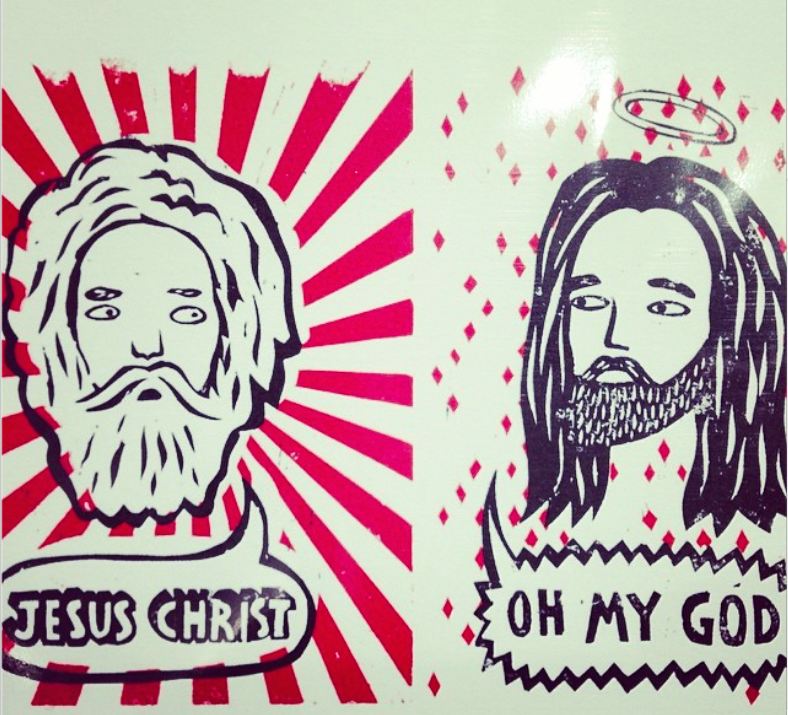
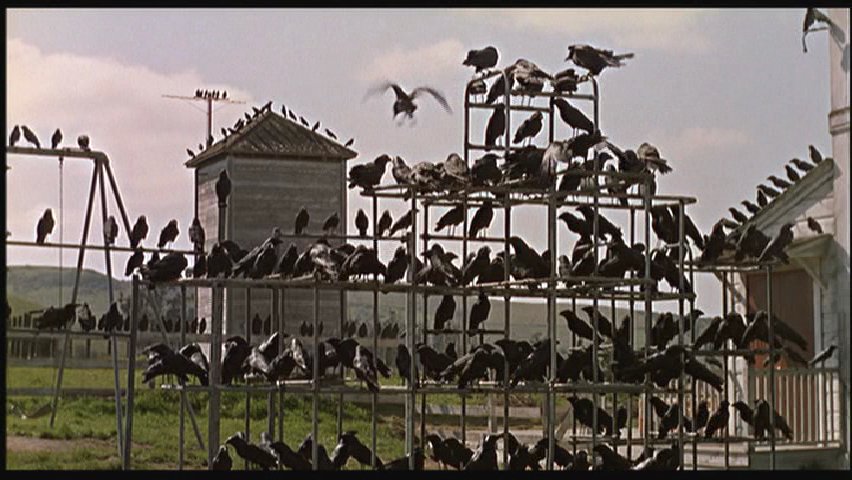
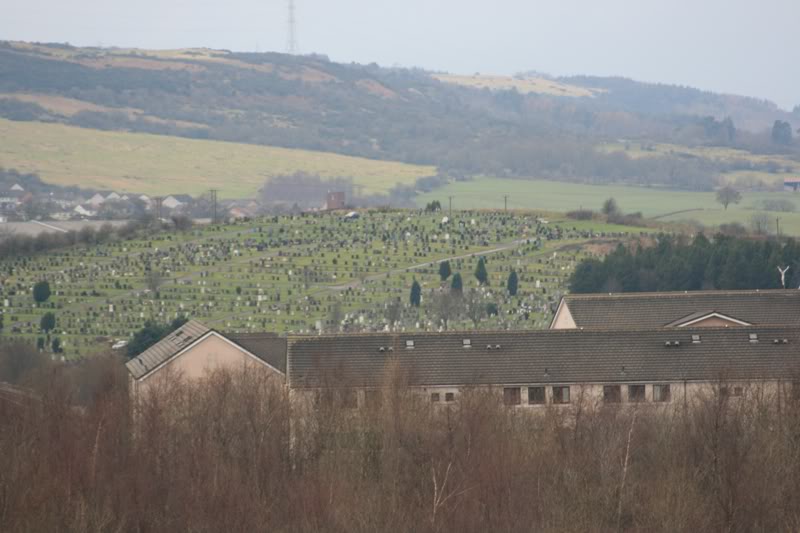
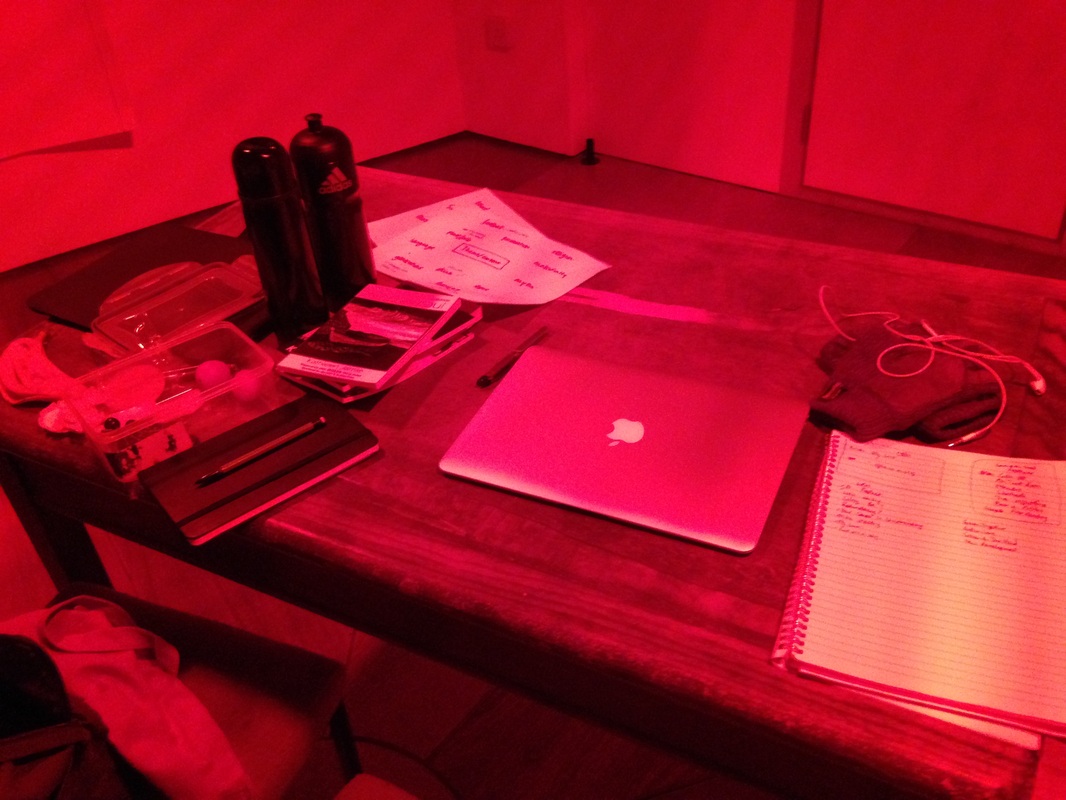
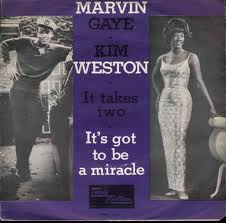
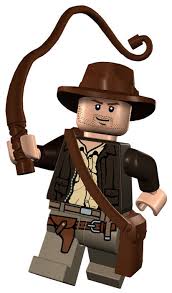
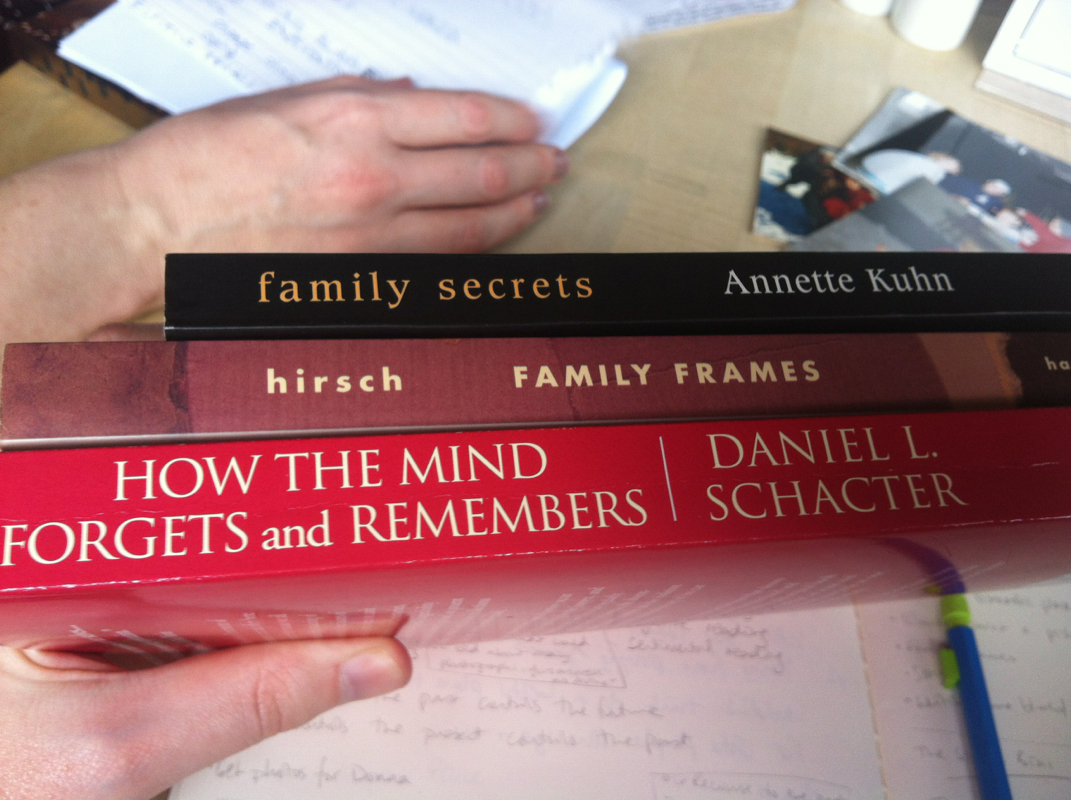
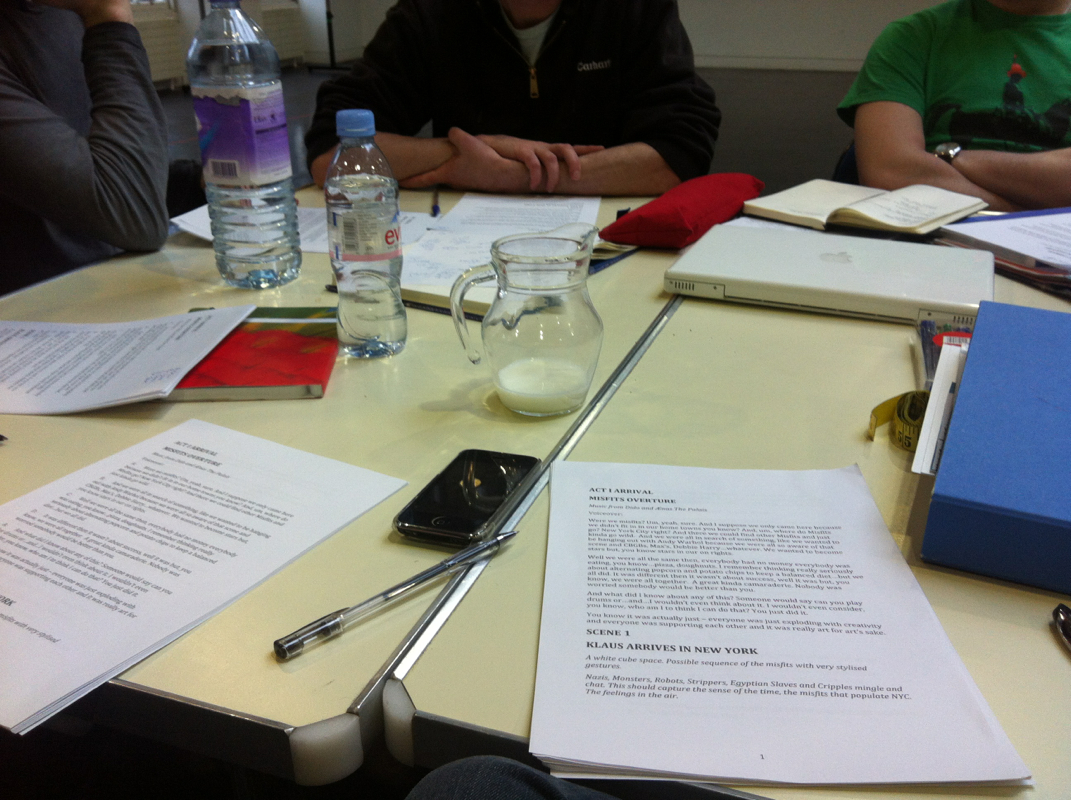
 RSS Feed
RSS Feed